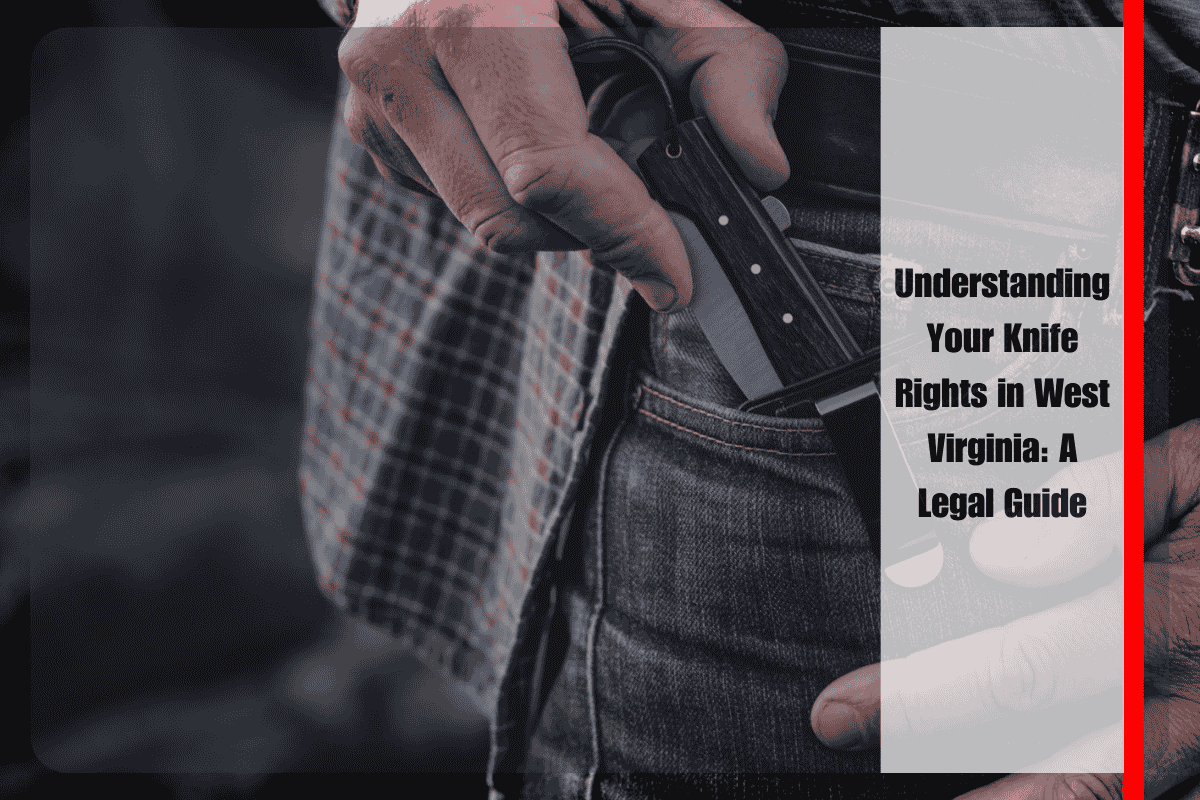West Virginia’s knife laws in 2025 are generally permissive but come with important age and location-based restrictions to understand. State statutes classify many knives as “deadly weapons,” particularly blades longer than three and one-half inches, including daggers, dirks, and stilettos, though ownership of any type of knife is legal. Individuals who are 21 years or older may possess and carry knives openly or concealed without restriction, except for typical location-based prohibitions.
For persons aged 18 to 20, carrying a concealed knife defined as a deadly weapon is considered a misdemeanor unless they have a provisional license. Those under 18, unless emancipated, may not possess knives classified as deadly weapons. This age-tiered approach emphasizes the legal responsibilities placed on younger individuals regarding knife possession and carry.
Location restrictions are notably strict in West Virginia, particularly concerning schools and court facilities. Regardless of blade size, knives are prohibited on K-12 school property, including buses and school-sponsored events. There are exceptions for law enforcement and certain official school mascots under specific conditions. Violating school or court weapon prohibitions is a felony offense, punishable by significant prison terms and fines.
Open carry of knives in public is commonly allowed, meaning that anyone may carry a knife visibly, such as on a belt sheath or in hand. Concealed carry is also legal for those over 21, provided there is no intent to unlawfully harm others. The law provides considerable flexibility in knife selection and carrying method for adults, covering everything from pocket knives to larger blades.
Penalties for violations range from misdemeanors with fines and possible jail time for unauthorized concealed carry by younger individuals to felonies for breaches of restricted location bans. The legal framework in West Virginia balances broad rights for knife ownership and carry while emphasizing safety and the protection of vulnerable locations like schools.
To summarize, West Virginia allows the ownership and carry of nearly all types of knives, with few restrictions for adults over 21. Important legal considerations include age-based limitations, strict no-knife policies on school grounds and court premises, and the potential severity of penalties for violations. Understanding these laws enables residents and visitors to exercise their rights responsibly and comply with the state’s legal requirements.
Sources
[1] https://www.akti.org/state-knife-laws/west-virginia/
[2] https://knifeup.com/west-virginia-knife-laws/
[3] https://nobliecustomknives.com/us-knife-laws/west-virginia-knife-laws/
[4] https://www.tosahwi.com/blogs/virginia-knife-laws
[5] https://code.wvlegislature.gov/61-7-2/












